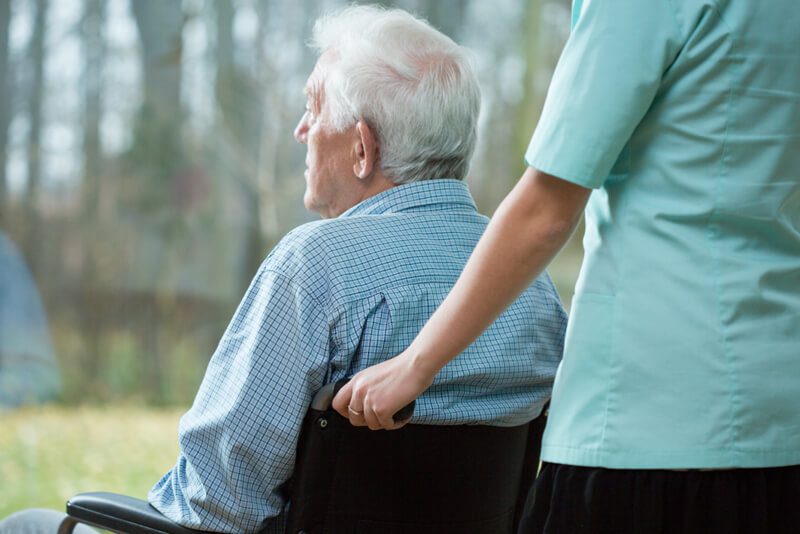You can’t always be there. But we can.
Tips on Caring for a Stroke Survivor

Arthritis and Some Helpful Tips
April 27, 2017
Is Your Aging Parent at Increased Risk of Suffering Bladder Cancer?
May 1, 2017Tips on Caring for a Stroke Survivor
 Stroke is a preventable disease but what if your aging loved one already had experienced a stroke and is recovering from it?
Stroke is a preventable disease but what if your aging loved one already had experienced a stroke and is recovering from it?
Here are some things you should know so you can be better prepared.
Gain as much knowledge as you can from trusted and reputable sources such as books and online articles that provide information about the disease as well as support groups and health care advisors. This knowledge will help you better take care of your loved one.
Encourage your senior loved one to participate in stroke rehabilitation. Therapy sessions can help them somehow regain or re-learn their body’s basic motor and mental functions.
Keep the home “Senior Friendly”. This would mean that you would be needing to fix your home’s setup if need be so that it would be a safe place for your senior loved one.
A stroke survivor may experience mood changes and depression. You should be offering your love, patience, and support for your senior loved one as they are facing a difficult situation. It won’t be of any help if you would tell them that you know how they feel. These are times when your care is really needed the most. Coordinate with his or her doctor about knowing what signs of depression to look out for and seek treatment right away if many of the signs are present.
Try to keep them on a healthy diet and exercise. The risk of a second stroke is high for stroke survivors. It is best to take caution by getting your loved one the right kind of food and exercise as well as follow prescribed medications to minimize or eliminate the risk.
If your friends volunteer to help then do not hesitate to accept their offer. Caring for a stroke survivor is not an easy undertaking. You might at least need their help in the future with errands such as grocery shopping and housework.
Take time to recharge and keep yourself healthy. There is nothing wrong with taking the time to keep yourself in good health. Caring for a stroke survivor can bring huge demands to your body and mind. The last thing you want to do is work yourself to exhaustion and no longer provide effective care for your loved one.
Get help from home care agencies. If caring for a stroke survivor proves to be very difficult for you any help from friends and family is not available then you may want to look into getting home care services from a reputable caregiving agency.
Source: webmd.com
Related article:
What Changes Can You Make in Your Parent’s Home to Decrease Fall Risk?
What Changes Can You Make in Your Parent’s Home to Decrease Fall Risk?
Disclaimer: 1Heart Caregiver Services Blog may contain articles about health care and medical related topics. However, no warranty is made that any of the articles are accurate. There is absolutely no assurance that any statement contained or cited in any or our articles touching on health care or medical related matters is correct, true, up-to-date or, precise, If any of the statements we mentioned about healthcare or medicine is accurate, it may or may not apply to you or your symptoms.
The health care or medical information provided on 1Heart Caregiver Services is, at best, of a general nature and cannot replace the advise of a health care/medical professional. 1Heart Caregiver Services will not take responsibility for the results or consequences in attempting to use or adopt any information presented in its blog article

